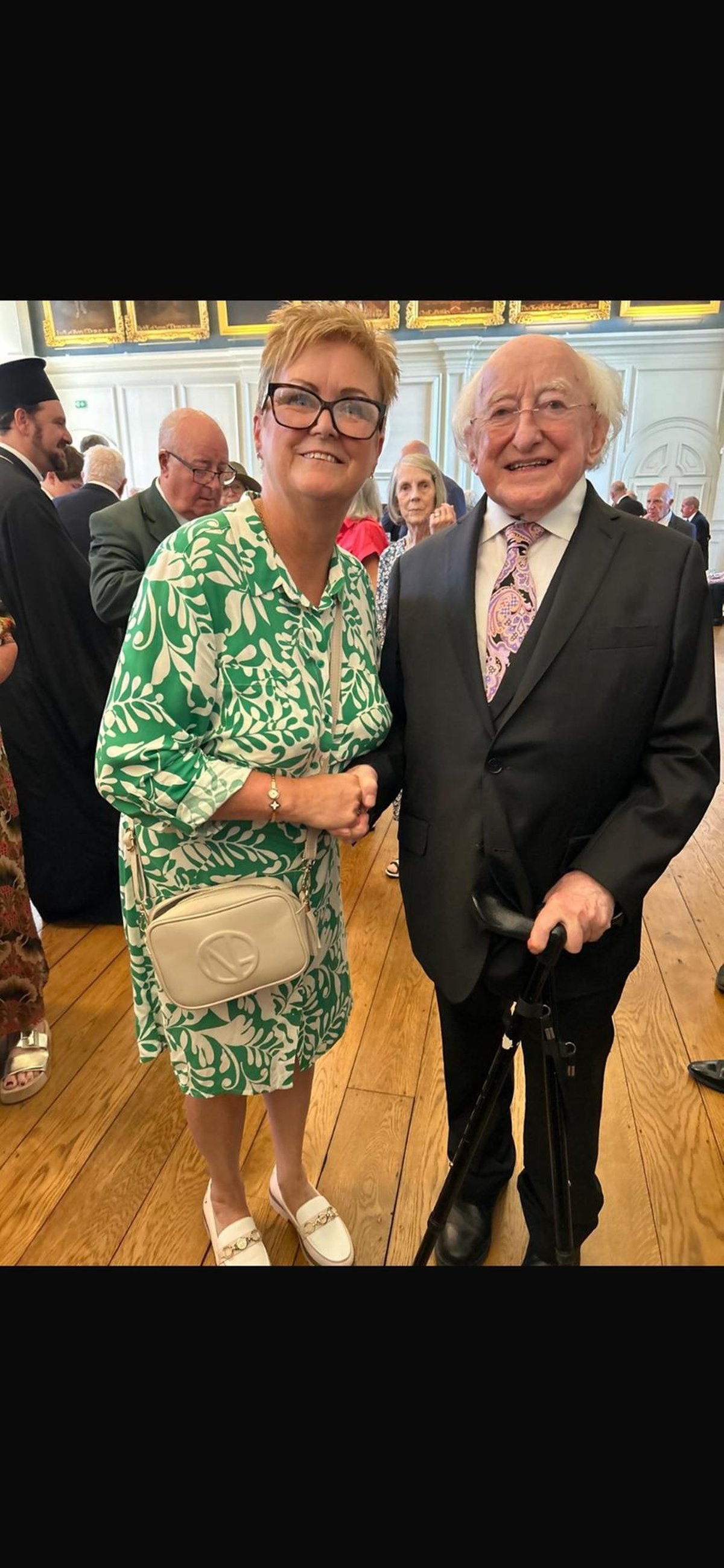Copyright popmatters

Robert Plant’s solo career has lasted almost four times as long as his tenure in Led Zeppelin. In the 45 years since Zeppelin broke up following the death of drummer John Bonham, Plant has pursued an adventurous solo career, sometimes straying far away from Zep (his 1985 new wave experiment, Shaken’n’Stirred”) and sometimes cheekily referencing it (his 1988 hit “Tall Cool One”, which simultaneously featured the actual Jimmy Page and samples). Plant has even indulged in rare Zeppelin reunions. However, results have varied widely, from a Live Aid performance in 1985 that can be charitably called “erratic” to their universally acclaimed one-night-only concert in London in December 2007. Mostly, though, what Plant has done as a solo artist is to take the many threads he and the other members of Zeppelin explored and attempted to find new ways to examine them, whether they be American blues, ecstatic North African music, atmospheric ballads, and more. Saving Grace, Plant’s new album, finds him continuing his journey, as curious and enthusiastic about his discoveries as ever. Saving Grace isn’t just the record title. It is also the name of the band playing on this record. Plant met banjo singer Matt Worley in a pub in Wales and, after having some long conversations about shared musical loves, the band casually fell together. In a sense, Saving Grace is a continuation of much of Plant’s recent work, including his Grammy-winning collaboration with Allison Krauss, Raising Sand. However, with its roots just as firmly in British folk as in Americana, it’s no imitation of any of Plant’s recent work. The band’s makeup explains much about its unique sound. Plant sings, but so do Worley and Suzi Dian, who also plays accordion. Tony Kelsey plays acoustic (and occasionally electric) guitar, Barney Morse-Brown plays cello, and Oli Jefferson plays drums. Their sound conjures both blues and folk and is often heavy and ominous, in more than one case thanks to the cello. While Plant might consider himself one of several equals in the group, the sons on Saving Grace reflect many of the singer’s acknowledged influences, both older and more recent. These include blues singer-songwriter and guitarist Memphis Minnie (the opener “Chevrolet” recorded initially by Minnie as “Can I Do It For You”); San Francisco psychedelic band Moby Grape (whose “It’s a Beautiful Day” is indeed a beautiful highlight of Saving Grace) and similarly named alt-rock bands Low (the raucous “Everybody’s Song”) and the Low Anthem (the haunting “Ticker Taker”). Blind Willie Johnson is represented by “Soul of a Man” (with Worley on lead vocals), as is the Carter Family with “I Never Will Marry.” While the band often stay close to arrangements of original or earlier versions, Saving Grace isn’t afraid to rework the songs. Their version of Martha Scanlan’s “Higher Rock” (featuring Dian on lead vocals) is considerably more upbeat than Scanlan’s original. Conversely, Saving Grace’s cover of the English folk song “As I Roved Out” (also known as “Seventeen Come Sunday”) is considerably slower than other versions you’re likely to hear by the High Kings and the Clancy Brothers. While the songs on Saving Grace come from disparate sources, the way they’re all played ensures that every track on this album feels like it comes from the same dark, enticingly mysterious place. If you were to stumble into a pub somewhere in Wales late on a rainy evening, Saving Grace (the album and the band) is precisely what you’d want to hear.



